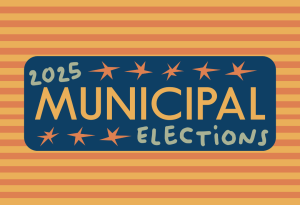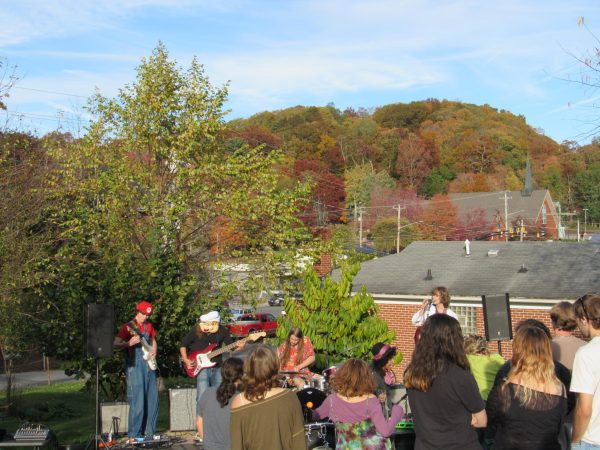Wellness and Prevention trainee brings mental health, substance abuse help to campus
February 18, 2020
When she was a resident assistant as an undergraduate, Kiauhna Haynes discovered a passion for counseling as a smiling face for struggling students.
Now, Haynes is the Post-Masters Wellness Trainee and Substance Abuse Counselor at the Wellness and Prevention Center.
Haynes was recognized in the February WPS newsletter for her “outreach with the Multicultural Student Development centers as well as other student groups regarding substance use, harm reduction, stress management and healthy relationships.”
An important part of Haynes’ work is her involvement with the Collegiate Recovery Community, which encourages peer support and provides different skills designed to aid any kind of addiction or mental illness.
“You can feel alone, and so, I think being in that peer environment is helpful. Just being able to decompress and say, ‘This is what I’ve been struggling with,’” Haynes said.
Helping people navigate wellness and facilitate that for them motivates Haynes to counsel others.
“As a counselor, it’s not my job to be like, ‘OK, change this and fix this.’ But, more so, ‘OK, I hear what you are saying. Here is what I’m hearing. How can we work together to figure it out?’” Haynes said.
Matthew Cosgrove commends the warm and welcoming atmosphere created by Haynes and the WPS staff.
“My first impression of Kiauhna was that she was really welcoming and had a positive vibe about her,” said Cosgrove, a junior digital marketing major. “What she does and the rest of the wellness center does is really something special.”
Haynes helped Cosgrove with stress management and encouraged him to step back and assess situations before reacting.
“They have something for everyone and are welcoming to all. I really believe that it is a resource more students should use or at least check out,“ Cosgrove said.
Haynes has also spoken at multicultural events.
“Sometimes, it’s just being a face. Like just, you know, having representation. So for students who look like me, identifying as a black woman, or other students who identify being of color, or other people who just feel underrepresented in our society,” Haynes said.
An initiative to help students through an addiction can be a daunting task, especially with a growing opioid epidemic in the Appalachian region.
“As of 2017, it was apparent that counties of the Appalachia were experiencing disproportionately higher rates of opioid addiction and overdose than other areas outside of the region,” Haynes said.
Ben Asma is the assistant director of Wellness and Prevention Services & Alcohol and Other Drug Services.
“I commonly observe a cycle of increased addiction, further trauma, poor or no effective management of chronic pain, and little to no optimism that anything can change,” Asma said.
Although statistics can be intimidating, Asma and Haynes said there are still ways to combat the epidemic.
“Our society can strive to educate individuals on opioids and the epidemic, frequently and honestly,” Asma said. “We must provide greater resources in the forms of mental health, emotional health, and physical health with greater training focused on screening for and treating chronic pain and addiction with individuals.”
The Wellness and Prevention Center is available to ensure that the App State community has access to these kinds of resources.
“The likelihood for addiction is high and as a staff we try to educate folks on what addiction is, the signs of addiction, methods of treatment, how to be an ally to individuals who may be struggling, and community resources,” Haynes said.












Jane Alexander • Feb 23, 2020 at 12:21 pm
I am grateful to hear this! NAMI High Country applauds your efforts! If we can help, just contact us at namihighcountry.org. Thank, Jane Alexander, Vice President NAMI High Country!!!